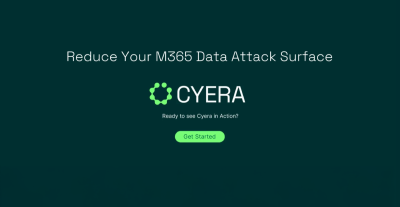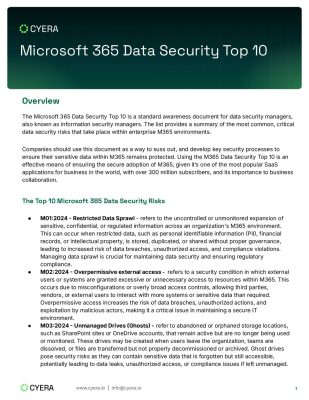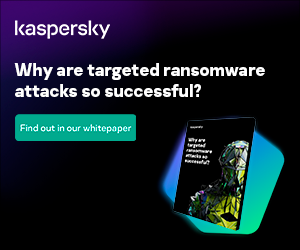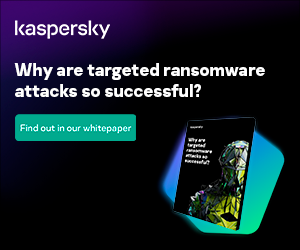Highlights:
- The partnership aims to deliver AI-powered security solutions, tackling the rapid AI growth and significant cybersecurity challenges.
- The partnership includes the creation of a joint security operation center providing managed SOC, with IBM Consulting becoming a preferred managed security service provider for Palo Alto Networks clients.
Palo Alto Networks Inc. and IBM Corp. have revealed a fresh collaboration, wherein Palo Alto Networks will take over IBM’s QRadar software-as-a-service assets and emerge as IBM’s favored cybersecurity ally, spanning network, cloud, and security operation centers.
The collaboration, characterized as an expansive effort to provide customers with AI-driven security solutions, aims to tackle the surge in AI usage and the formidable cybersecurity obstacles it presents. Palo Alto Networks and IBM are striving to enhance and simplify security operations to thwart advanced threats effectively and expedite incident resolution for their clientele.
The collaboration commences with the prominent acquisition of IBM QRadar SaaS assets, encompassing the intellectual property rights associated with QRadar. QRadar serves as a security information and event management solution, aiding organizations in detecting, comprehending, and addressing cybersecurity threats through the collection and analysis of log data from diverse origins.
Upon finalizing the agreement, Palo Alto Networks and IBM will oversee the transition of QRadar SaaS customers to Cortex XSIAM, Palo Alto’s AI-driven security operations platform. For on-premise QRadar clients opting to retain Q-Radar on-premises, IBM will continue to provide support, encompassing security enhancements, usability improvements, and crucial bug fixes.
Additionally, the collaboration will involve the establishment of a shared security operation center by IBM and Palo Alto Networks, providing managed SOC services. IBM Consulting will be designated as the preferred managed security service provider for both existing and prospective Palo Alto Networks clients. Furthermore, the two entities intend to create a collaborative Cyber Range, providing customers with immersive security training experiences.
Further elements of the partnership involve the integration of Palo Alto Networks’ cybersecurity solutions into IBM’s Consulting Advance AI service platform. Additionally, Palo Alto Networks and IBM will expedite consultant training, enabling over 1,000 IBM specialists to deliver superior migration, deployment, and adoption services across the Palo Alto Networks platforms.
IBM also intends to broaden its utilization of Palo Alto Networks’ AI-driven security platforms internally. This includes implementing Cortex XSIAM for next-generation security operations and Prisma SASE 3.0 for zero-trust network security, thereby fortifying the protection of over 250,000 members of its global workforce.
As part of the agreement, Palo Alto Networks plans to incorporate watsonX large language models into Cortex XSIAM to enhance automation capabilities. Additionally, it aims to utilize IBM’s watsonX to expedite customer support outcomes. WatsonX will play a role in aiding Palo Alto Networks in preemptively tackling identified technical issues, crafting customized self-service solutions, and enhancing overall agent productivity within its customer support operations.
“Strategic partnerships like the one we’re announcing today with Palo Alto Networks bring with them significant benefits across the industry. Advanced threat protection and automation, underpinned by Cortex XSIAM and watsonx, and coupled with IBM Consulting, will speed client and partner adoption of next-generation security operations,” Arvind Krishna, Chairman and Chief Executive of IBM, said in a statement.
The exact cost of acquiring IBM QRadar SaaS was not revealed. However, Palo Alto Networks CEO Nikesh Arora emphasized the rationale behind the deal in an interview with CNBC. He stressed the necessity for his company to enhance its competitive stance against Splunk Inc., particularly noting Splunk’s acquisition by Cisco Systems Inc. in March for a staggering USD 28 billion.
























































